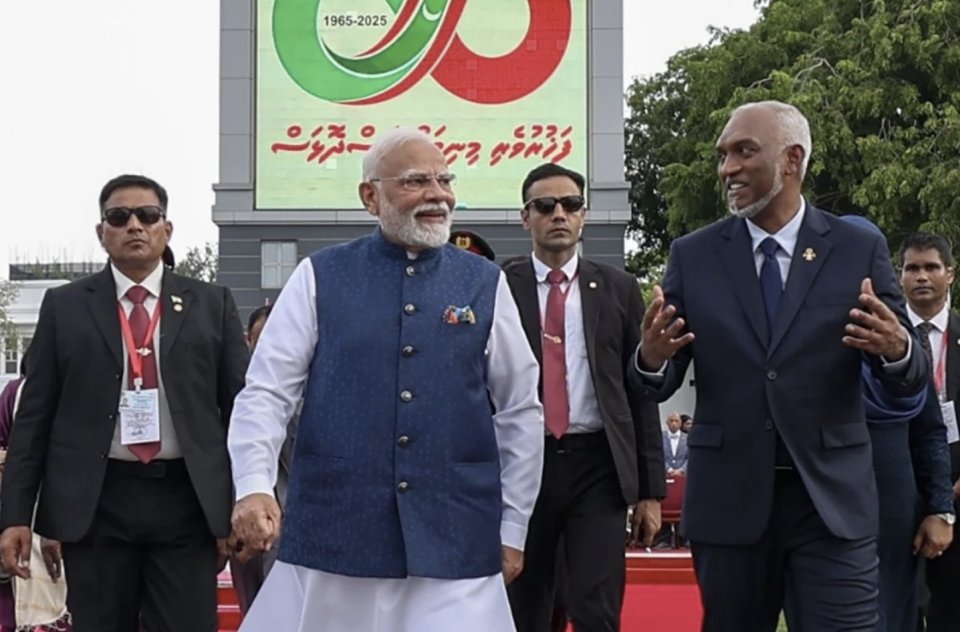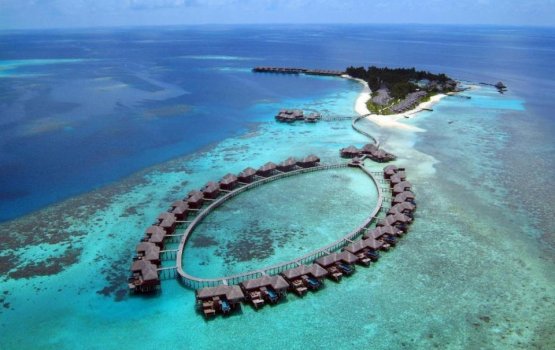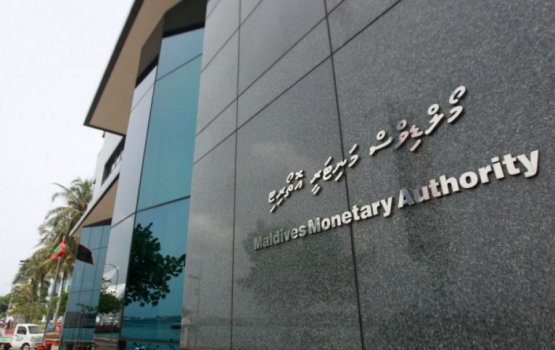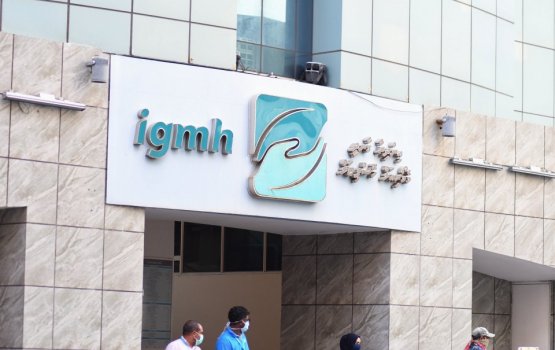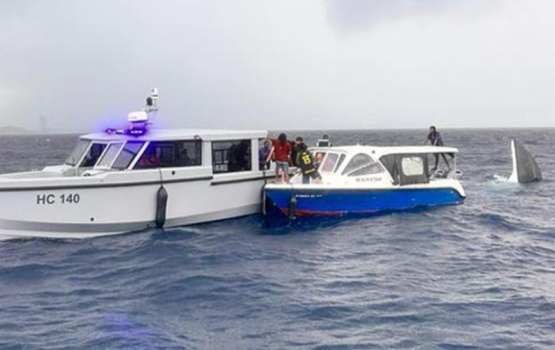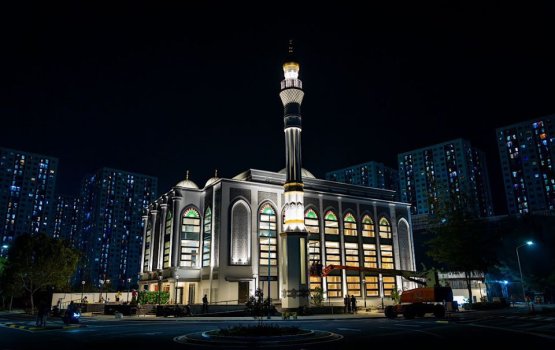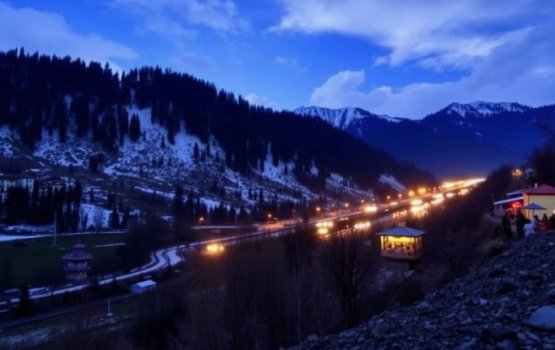Indian Prime Minister Narendra Modi’s recent visit to the Maldives has marked a significant turning point in bilateral relations, signaling renewed cooperation between New Delhi and Male amid shifting geopolitical dynamics and growing economic uncertainty in the island nation.
Modi's two-day visit, timed with the Maldives' 60th Independence Day celebrations, was his first since President Mohamed Muizzu took office in late 2023 on a staunchly nationalist "India Out" platform. Despite earlier tensions, the visit is being widely interpreted as a strategic reset in ties, with India reaffirming its regional commitment and influence.
During his stay, Modi pledged a fresh line of credit worth US$565 million, launched free-trade talks, and reduced annual repayment obligations on a previous loan from US$51 million to US$29 million. He also inaugurated major India-funded infrastructure projects, including a new defence ministry headquarters, roads, and a 4,000-unit housing project.
“Whatever the weather may be… our friendship will always remain bright and clear,” Modi said at a joint press conference. He reiterated India’s commitment to supporting the Maldives’ development and defence capabilities. President Muizzu, who has previously leaned towards Beijing, praised the shared developmental journey between the two nations.
India also announced a gift of 72 heavy vehicles to the Maldivian defence ministry, alongside the launch of a network-to-network agreement enabling India’s Unified Payments Interface (UPI) to operate in the Maldives—a move expected to boost digital transactions and financial cooperation.
Experts say the visit reflects a deliberate recalibration by both sides. Aditya Gowdara Shivamurthy, a strategic analyst at the Observer Research Foundation, said the Maldives’ shift from confrontation to cooperation was driven by internal economic pressures, China's muted investment stance, and India's accommodating diplomacy.
“India’s influence remains unchallenged in the Maldives, especially as China hesitates to engage in large-scale projects,” Shivamurthy noted. “Modi’s visit reinforces this renewed alignment.”
President Muizzu, who made his first state visit to China in early 2024 and signed multiple cooperation agreements, had initially raised concerns in India over his pivot to Beijing. Yet, China’s investment in the Maldives—approximately US$1.4 billion under the Belt and Road Initiative—has slowed, with Beijing now favoring smaller grants over major infrastructure loans due to economic uncertainties and regional caution following the Sri Lankan debt crisis.
“The lack of confidence in Muizzu’s leadership and the Maldives’ economic instability has made China more cautious,” Shivamurthy said.
The thaw in India-Maldives ties has been evident over the past year. Muizzu attended Modi’s swearing-in ceremony and later visited India in October 2024. More recently, Indian Foreign Secretary Vikram Misri credited the diplomatic turnaround to India’s sustained efforts and behind-the-scenes dialogue.
Nilanthi Samaranayake, an adjunct fellow at the East-West Centre in Washington, said both countries have managed to reach a compromise: India agreed to withdraw its military presence while maintaining maritime surveillance through civilian-operated aircraft.
She also noted that Muizzu had consistently aimed to diversify Maldives’ foreign relations but was often misunderstood. “His approach was misinterpreted compared to previous administrations that focused more narrowly on India,” she said.
Independent scholar Dr. Vinitha Revi emphasized that the reset had been in progress since early 2024 through high-level meetings, joint exercises, and budgetary support. “India allocated 6 billion rupees (US$69 million) to the Maldives this year—its largest increase among South Asian partners,” she noted.
Bilateral trade also saw marginal growth, rising to US$978.53 million in 2023–24 from US$973.37 million the previous year.
Looking ahead, Revi urged New Delhi to take a broader view of its relationship with the Maldives, which is increasingly engaging with multiple partners including China, the US, and Turkey.
“India needs to remain vigilant on security concerns while strengthening trilateral cooperation with the Maldives and Sri Lanka,” she said. On the development front, she added, India must continue addressing pressing issues such as debt relief, climate change, youth unemployment, and capacity building.
As the Maldives navigates its geopolitical balancing act, Modi’s visit has reaffirmed India’s central role in shaping the island nation’s future—potentially curbing China’s growing, yet cautious, footprint in the Indian Ocean. (Source: scmp.com)

